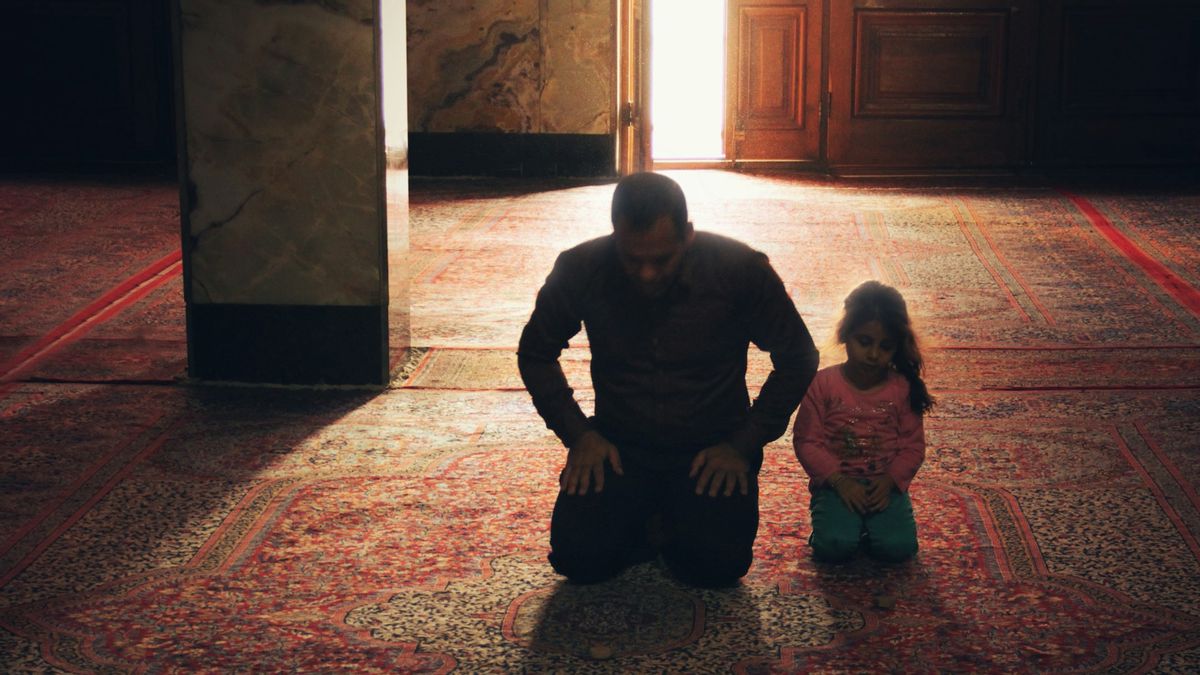JAKARTA - A court in India's most populous state effectively prohibits Islamic schools from referring to a high court ruling. This policy was taken weeks before the national election because it could polarize democracy according to religious lines.
The Allahabad High Court in Uttar Pradesh on Friday declared the 2004 Madrasah Act unconstitutional, according to a court order seen by CNN. The court ordered the state government to transfer students registered in the Islamic system to public schools.
"We are of the opinion that the Madarsa Law (sic), 2004, violates the principles of Sekularism, which is part of the basic structure of the Indian Constitution," the high court said in an order quoted by CNN, Monday, March 25.
"Because providing education is one of the main tasks of the State, it is bound to remain secular while exercising its power in that field. It cannot provide particular religious education, instruction, recipe, and philosophy or create separate educational systems for separate religions.”
Madrasah provides an educational system where students are taught about the Qur'an and Islamic history in addition to general subjects such as mathematics and science.
Some Hindus also send their children to an equivalent system known as Gurukul, a residence educational institution where students learn about ancient Veda scriptures with common subjects under "guru" or teachers.
The decision can be appealed at the country's Supreme Court.
The country's latest census data from 2011, Uttar Pradesh is home to about 200 million people and about 20 percent of them are Muslims.
It was regulated by Prime Minister Narendra Modi's Hindu nationalist Bharatiya Janata (BJP) and over the past decade has made headlines for passing some of the country's most controversial laws that critics say discriminate against Muslims and marginalize them in secular republics.
Friday's court orders affected 2.7 million students and 10.000 teachers at 25,000 madrasas, Reuters reported.
It comes weeks before the biggest-national elections in the world-in which about 960 million people qualify for the vote.
BJP Modi is expected to secure power for another five years, ruling India which is increasingly polarized according to religious lines.
While the order of the Allahabad High Court cited India's constitutional separation between religion and state in its reasons against madrasa, it was Modi who was often accused by critics of exposing India's secular tradition.
At the beginning of the year, for example, Modi presided over the inauguration ceremony of a controversial Hindu temple built on the ruins of a centuries-old mosque destroyed by a right-wing group in 1992.
The opening of the temple, which was broadcast live by the government and hailed as a new era, is the end of a decades-long campaign by Modi and his BJP party to pull India away from the secular roots where the country was founded after independence.
Many Muslims and BJP critics have raised concerns that India's secular order is also eroding because anti-Muslim hate speech is often the main news and Muslim property is facing demolition.
BJP denies discrimination against Muslims and says treating all citizens equally.
In December 2020, the northeastern state of Assam passed a law to convert all Islamic schools into regular educational institutions.
The state's education minister at the time, Himanta Biswa Sarma, who is now Assam's prime minister, said he would ensure "the right to equal education for all children and make it easier for the path to higher education."”
Opposition politicians criticized the move, claiming it reflected the increasingly violent anti-Muslim attitude in the Hindu-majority country.
Senior opposition leader debabrata state Saikia at the time said the law was passed by BJP to "consolidate more Hindu voices."”
SEE ALSO:
The English, Chinese, Japanese, Arabic, and French versions are automatically generated by the AI. So there may still be inaccuracies in translating, please always see Indonesian as our main language. (system supported by DigitalSiber.id)
Most Popular Tags
#Prabowo Subianto #New Year #Mother's Day #nataru #NatalPopular
22 Desember 2024, 05:34
22 Desember 2024, 00:05
22 Desember 2024, 06:15
22 Desember 2024, 01:06

















